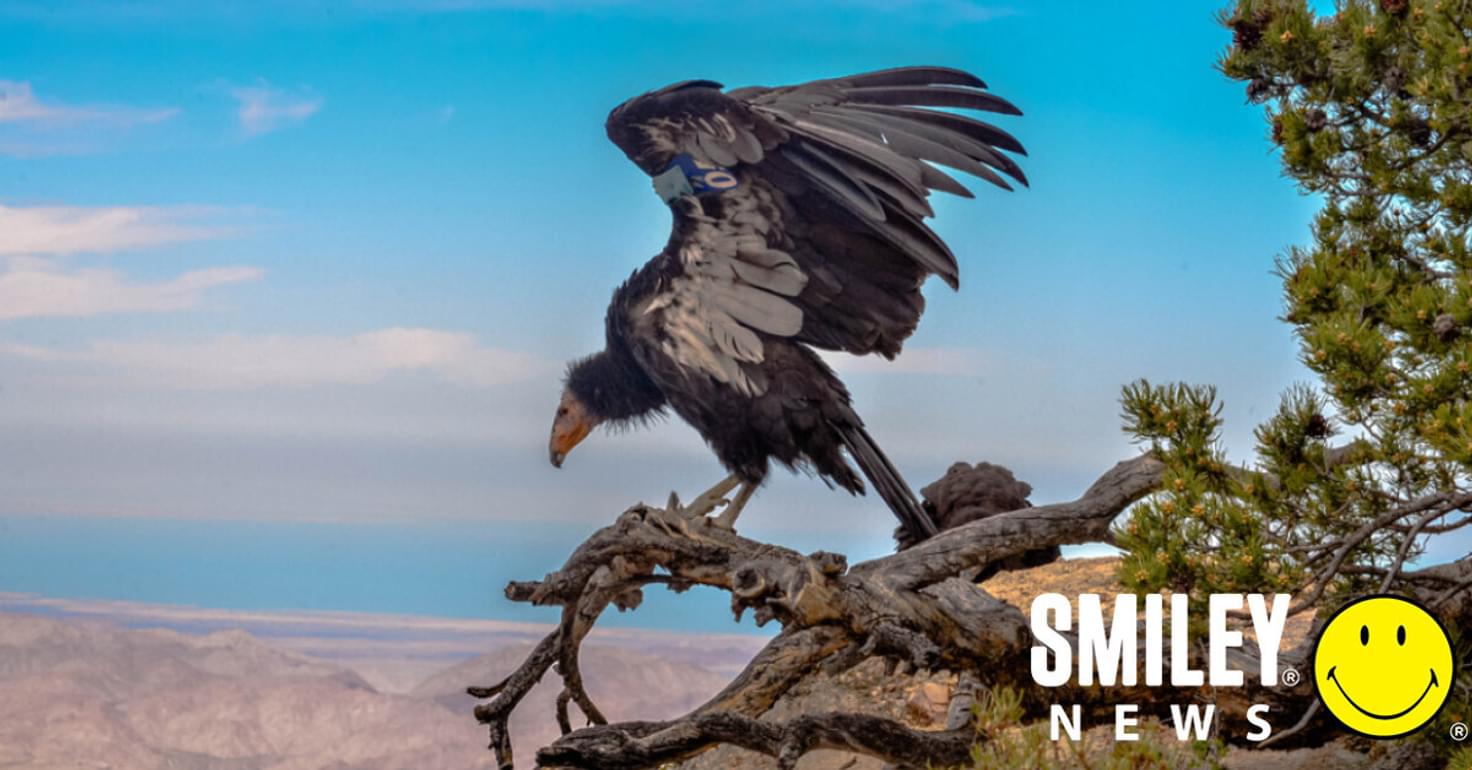
Words by Smiley Team
Dedicated to spreading awareness of global plant and animal life, World Wildlife Day falls on 3rd March. While the UN will celebrate with a live stream of speakers from its member states, available from 1 pm GMT; Smiley News is marking the occasion with a round-up of good news stories for nature.
Thanks to the “overwhelming support” of community volunteers, 2,200 turtles have safely returned to the Gulf of Mexico from a Texas rescue centre hit by the freakishly cold weather. When the winter storm swept the southern US state and caused power blackouts everywhere, Sea Turtle Inc could no longer heat its water to the temperatures its turtles needed to survive. Luckily local volunteers flocked to move them to makeshift hospitals, where they kept the little creatures cosy in warm-water paddling pools till it was safe to return them to the sea.
The world’s smallest wild pig is to benefit from a reintroduction programme in Assam, India. With only 300 left in the wild, the pygmy hog is close to extinction, featuring on the International Union for Conservation of Nature (IUCN) red list as endangered. But, with the help of Indian conservationists, the cat-sized creature will repopulate its grassland habitat, restoring the local ecological balance and helping other animals and plants to thrive.
Offering a habitat for insects while improving the wellbeing of local residents, The National Trust plans to plant blossom trees across London and other locations in England, Wales and Northern Ireland. In the capital, each borough will have its own tree, to make up a blossom garden in the Queen Elizabeth Olympic Park, Newham, commemorating the impact of Covid-19.
To counteract the possible threat of wind turbines to the endangered Californian condors, wind power company Avangrid Renewables is launching a new breeding programme. There is no record of any of the birds being hit by the company’s 126 turbines north-east of Los Angeles, but the programme will help protect these critically endangered creatures after they narrowly missed becoming extinct four decades ago.
Once thought to have gone extinct, the black-footed ferret has hope for revival after US scientists cloned the frozen cells of a ferret that lived for over 30 years. Today every existing member of this ferret family is descended from just seven individuals. So wildlife experts hope that the clone, named Elizabeth Ann, will breed a more resilient lineage and grow the population of this endangered creature.